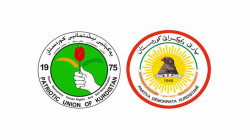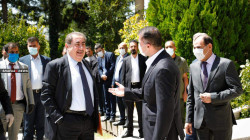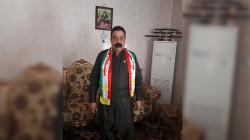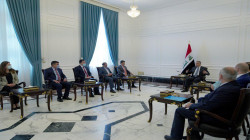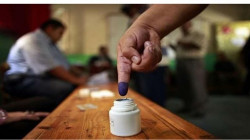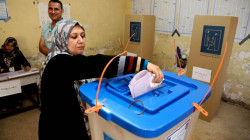PUK calls for halting the Arabization of the territories covered with Article 140
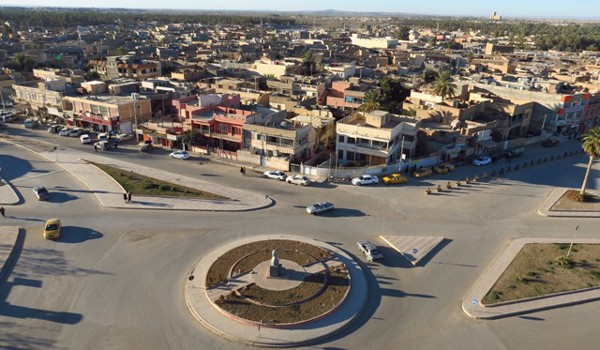
Shafaq News/ The Kurdistan Democratic Party-Diyala Organizations Center, demanded today putting an end to arabizing and seizing administrative and security positions in the disputed areas in the governorate.
Article 140 stipulates the removal of demographic policies, established by Saddam Hussein's regime in the disputed areas, in favor of the Arabs and at the expense of the Kurds, and hold a referendum according to which the population will determine whether they wish to join the Kurdistan Region or remain under the administration of Baghdad.
It was scheduled to complete the implementation of the article by the end of 2007, but security and political problems prevented that.
The Federal Supreme Court ruled in 2019 that Article (140) of the Constitution of the Republic of Iraq should remain in force, stressing that this will continue until its requirements are implemented and the objective of its legislation is achieved.
Despite obtaining official approvals from the federal government and the governor of Diyala, for “reestablishing Kurdish parties' headquarters", according to the official of the Khanaqin Organizations Center of the Patriotic Union of Kurdistan, Ibrahim Hassan, “some parties prevent their return to Saadiya, Jalawla, Qara Tappa, Mandali and Jabara areas."
For years, the disputed areas have witnessed systematic Arabization of administrative and security positions, while Kurds were left out for political, national, and even electoral reasons, which caused changes in the demographic structure and mass migration among the Kurdish community, according to the official of the Diyala Organizations Center in the Kurdistan Democratic Party, Sherko Tawfiq.
Tawfiq told Shafaq News Agency, "The position of district director of Qara Tappa and Mandali was taken from the Kurds, and the administration of Jalawla and Khanaqin by proxy, although the two positions are still for the Kurds, in addition to looting government and security departments in disputed units."
He stressed the existence of, "legal violations and constitutional breaches in the administration of the disputed areas", noting, "The regular administrative authorities of the disputed areas or the Kurdish areas outside the region are absent, chaotic, and subject to political and electoral interests, which negatively affected the social structure of those areas."
However, "the administrative gaps and the demographic changes in the disputed areas are due to the lack of agreements and understandings between the region and the federal government, and the political events that those areas witnessed after 2017, which caused the displacement of Kurdish political parties and forces from Diyala."
Tawfiq called on the local government and the Diyala administration for, "social reconciliations to preserve the social fabric of the population," describing what is happening in Diyala's disputed areas as "Arabization", and not a normalization of conditions to achieve a peaceful coexistence program.
The Kurds in Diyala complain of demographic Arabization campaigns and security and administrative marginalization, which intensified and expanded after the events of October 16, 2017, when the independence referendum was held, prompting the Kurdish political parties to leave their headquarters for fear of targeting.
